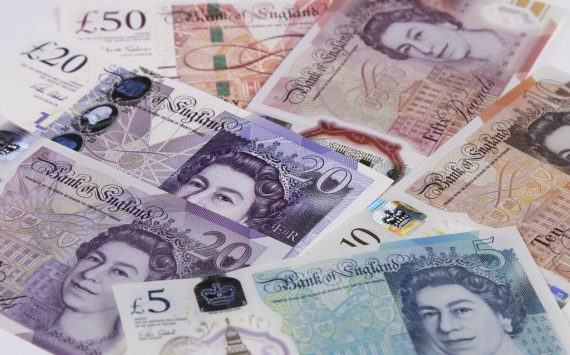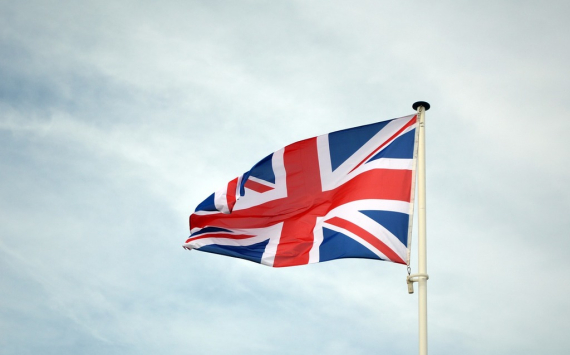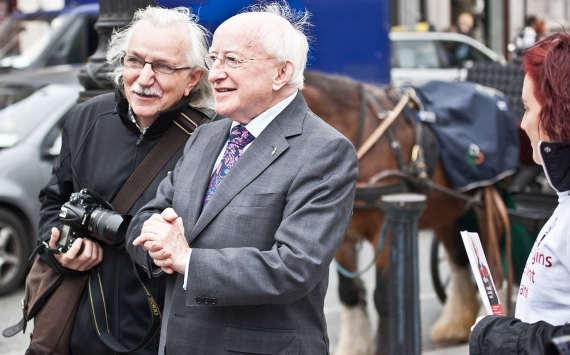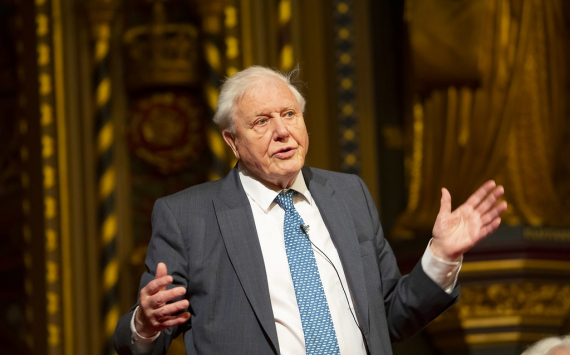
Pound exchange rate
The British pound lost 1.5% of its value against the dollar on Friday on news of the dismissal of the kingdom's Finance Minister Kwasi Kwarteng. According to The Daily Telegraph, £1 now fetches $1.12, compared to $1.135 in Asian trading overnight.
As economic observers on the TV channel Sky News point out, the moves of the government of Liz Truss, who took office on September 6, are undermining the world markets' faith in the country's leadership's ability to implement effective economic policies. This is affecting the pound exchange rate and British bond yields.
On Friday, Kwarteng lost his post amid a government crisis that began after he unveiled a new economic programme for the cabinet with Truss at the end of September. Their plan would involve a massive tax cut that would leave £45bn a year short of the budget, equivalent to 1.8 per cent of GDP.
Richard Carter, head of fixed interest research at Quilter Cheviot, said: "The fate of Kwasi Kwarteng shows just how serious the UK's loss of confidence in the markets has been, as he becomes one of the shortest-serving chancellors in history."
On top of that, the government will spend another £150bn to freeze electricity and gas prices for consumers for two years.
The kingdom's stock and bond markets reacted painfully to these moves, and the pound plunged to a record low, at one point almost equaling the dollar.
The Bank of England was forced to step in and has so far spent £65bn buying bonds to support the market.
However, many experts and analysts doubt that Truss's plan to cut taxes and government regulation will quickly lead the country out of recession, achieve economic growth and curb record high inflation. At the same time, the country's debt burden will increase and businesses and households are already facing rising interest rates on loans and mortgages.












































